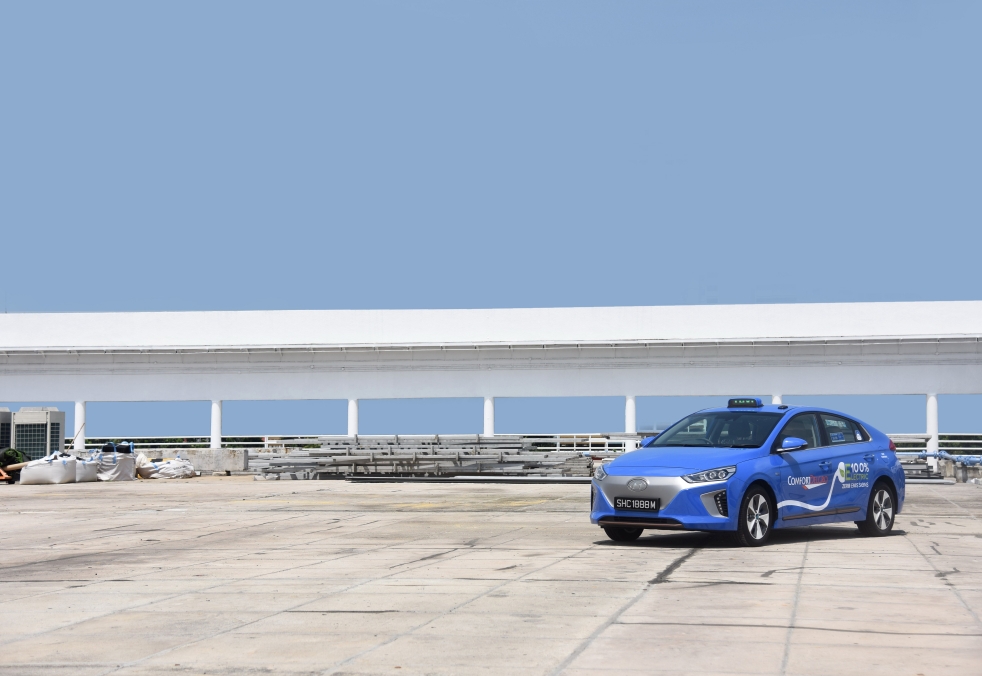
Singapore seeks to regulate ride-hailing operators
Licensing will be open for application on February 2020.
All point-to-point (P2P) operators may soon be required to comply with two sets of regulations, one for street-hail services (pertaining to taxis) and the other for ride-hail (private hire vehicles like Grab and Go-Jek), the Ministry of State and Transport said at the second reading of the P2P Transport Industry Bill 2019.
If passed, the license for both types of operators will open for application from February 2020, and the regulatory framework will commence on June 2020.
“Overall, this sets out a regulatory framework for the operators and, from our view, seems to be a relatively light-touch approach, possibly to provide avenues for development and further enhancement by the authorities when required,” DBS Equity Research analyst Andy Sim commented.
The framework seems to provide avenues for potential new entrants by focusing on regulations on larger operators as well as ensuring the market remains open, according to Sim. “Given the developments to-date, the investments, and requirements to build scale due to network effect towards sustainable operations, we believe the market dynamics may not change much in the near future.”
The key thrust of the P2P Licensing Framework focuses on LTA’s listed main objectives include licensing larger P2P operators with 800 or more vehicles, extending the safety regulations for taxis to all ride-hail service operators, as well as prohibiting operators from offering exclusive arrangements to lock in drivers.
Fare regulations and extending Public Transport Council (PTC) powers on Private Hire Car fares are also being considered. There are no changes to street-hail trips which are meter-based, and operators will be required to continue providing that.
“For ride-hail operators, they will be allowed to set flat fares for trips, and the only requirement is that these fares for both taxi/PHC be provided upfront to commuters. The PTC Act will be amended to cover offences of fare evasion and overcharging to PHC trips,” Sim noted.
























 Advertise
Advertise






